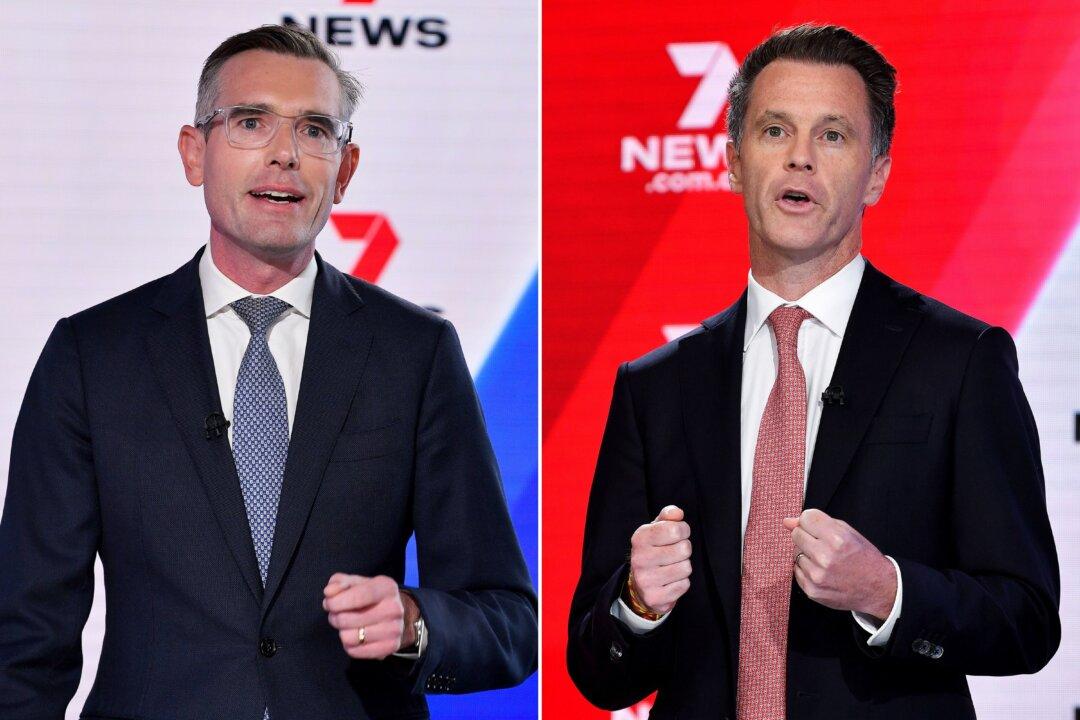It’s only 10 days left before New South Wales (NSW) voters head to the polling booths, and the race is tightening.
The Perrottet centre-right Coalition government is urging voters to”Keep NSW moving forward“ spruiking big infrastructure projects and massive funding for education, which they believe will continue to successfully deliver the state’s post-pandemic economic recovery, something they pride themselves on.




